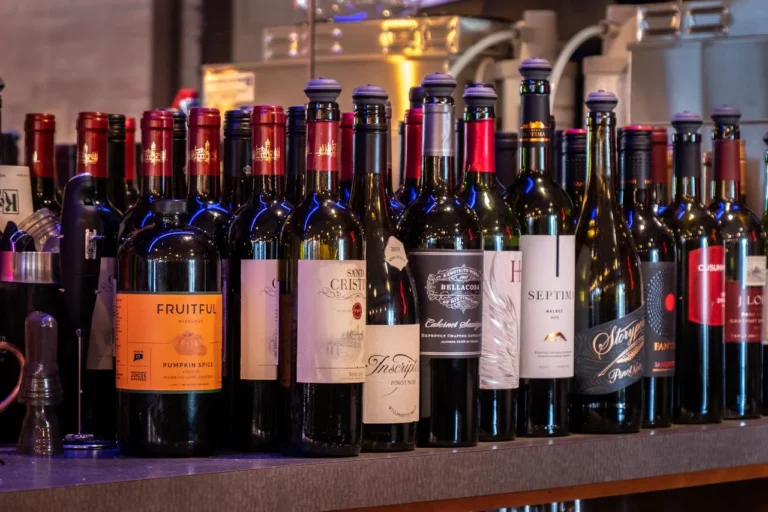
ProAmpac, a global leader in flexible packaging and material science, has officially entered into a strategic partnership with Western Michigan University (WMU), one of North America’s foremost institutions in fiber technologies and recycling science. The collaboration is poised to advance ProAmpac’s ambitious “Fiberization of Packaging®” strategy by accelerating the development of recyclable and compostable fiber-based packaging solutions—alternatives to traditional plastics and mixed-material packaging that are often difficult to recycle through conventional waste streams.
This partnership represents a significant milestone in ProAmpac’s long-term sustainability roadmap and reinforces the company’s leadership role in the transition to a circular packaging economy. At the heart of this collaboration is a mutual goal: to engineer next-generation fiber-based materials that meet the performance standards of today’s packaging while enabling end-of-life solutions such as curbside recyclability and industrial compostability.
Building a Foundation for the Future of Sustainable Packaging
“The partnership with Western Michigan University supports ProAmpac’s material science team on developing innovative fiber-based technologies,” said Hesam Tabatabaei, Senior Vice President of Global Product Development and Innovation at ProAmpac. “WMU’s expertise in fiber manufacturing and their broad range of technical capabilities will help us accelerate the pace at which we deliver packaging solutions that meet the increasing market demand for sustainability.”
Tabatabaei emphasized that this collaboration is not merely a research engagement, but a long-term strategic alliance designed to advance scalable innovations. By leveraging WMU’s applied research strengths in pulp, paper, and biomaterials engineering—along with their specialized facilities—ProAmpac aims to create packaging structures that respond directly to both consumer demand and evolving regulatory pressures, such as Extended Producer Responsibility (EPR) frameworks that are gaining traction in the United States and abroad.
“This partnership gives us the science-based foundation we need to proactively address regulations and customer expectations. It ensures that our innovations are not only cutting-edge but also commercially viable and regulatory-ready,” added Tabatabaei.
A Leader in Sustainability-Driven Packaging Innovation
ProAmpac has long distinguished itself as a pioneer in sustainable packaging innovation. Through its ProActive Sustainability® platform, the company develops packaging that reduces environmental impact without compromising product performance. Their solutions include recyclable pouches, compostable films, and packaging that incorporates post-consumer recycled (PCR) content.
In addition, ProAmpac’s ProActive Intelligence® platform integrates smart packaging technologies—such as freshness sensors and intelligent labeling—to further align with the sustainability and traceability goals of consumer packaged goods (CPG) brands. The new partnership with WMU directly supports these initiatives by adding deep academic expertise in fiber science, which is essential to the creation of fiber-based solutions that are strong, lightweight, and environmentally friendly.
“Fiber-based packaging is a rapidly growing segment within our innovation pipeline,” said Tabatabaei. “Working with WMU gives us access to world-class researchers and lab facilities that can significantly accelerate development timelines, especially for paper-based barrier materials that maintain freshness and product integrity without the use of multi-layer plastic laminates.”
WMU’s Role as a Premier Research Institution in Fiber Science
Western Michigan University, through its Paper Pilot Plants and Paper Engineering program, is a recognized leader in applied research and development in the field of sustainable fiber technologies. With a legacy of industry partnerships and a robust testing infrastructure, WMU is uniquely positioned to help companies like ProAmpac validate new packaging materials for real-world performance and recyclability.

“We’re excited to partner with ProAmpac to advance fiber-based packaging innovation,” said Dr. Kecheng Li, Chair of the Department of Chemical and Paper Engineering at WMU and a TAPPI Fellow. “By combining our expertise in fiber engineering and barrier coating technologies with ProAmpac’s global leadership in material science and commercial packaging, we can accelerate the development and market introduction of sustainable alternatives to plastic.”
Dr. Li noted that the partnership is expected to deliver breakthroughs in areas such as moisture and oxygen barriers, sealability, and printability for fiber substrates—critical performance factors for packaged food, personal care, and household products.
Accelerating Commercialization Through Academic-Industry Collaboration
This partnership adds to ProAmpac’s growing network of academic collaborators across North America and Europe, all of which are aligned with the company’s innovation priorities in packaging material development, food science, and environmental performance. By cultivating relationships with top-tier research institutions, ProAmpac is creating a distributed innovation ecosystem that accelerates the commercialization of new technologies.
“This model of collaboration allows us to harness the creativity and research horsepower of academia while ensuring alignment with market realities,” said Tabatabaei. “It brings together the best of both worlds—scientific exploration and real-world execution.”
ProAmpac is already exploring pilot projects with WMU that involve creating fiber-based flexible films and hybrid packaging structures designed for a wide range of applications, from dry goods and frozen foods to healthcare packaging. The ultimate goal is to deliver packaging options that are not only recyclable in curbside paper streams but also demonstrate superior mechanical properties and shelf performance.
Supporting a Circular Economy
At a broader level, the WMU partnership underscores ProAmpac’s ongoing commitment to supporting the transition to a circular economy. By replacing single-use plastic packaging with fiber-based alternatives that can be recovered, reused, or composted, ProAmpac is helping brands meet sustainability targets, reduce landfill waste, and comply with new packaging directives emerging across global markets.
“Every stakeholder in the packaging value chain—from raw material suppliers to brand owners—has a role to play in shaping a more sustainable future,” said Tabatabaei. “At ProAmpac, we believe that science-led innovation is the most effective way to drive systemic change. Our work with WMU is a prime example of how strategic collaboration can translate bold sustainability goals into real-world impact.”




